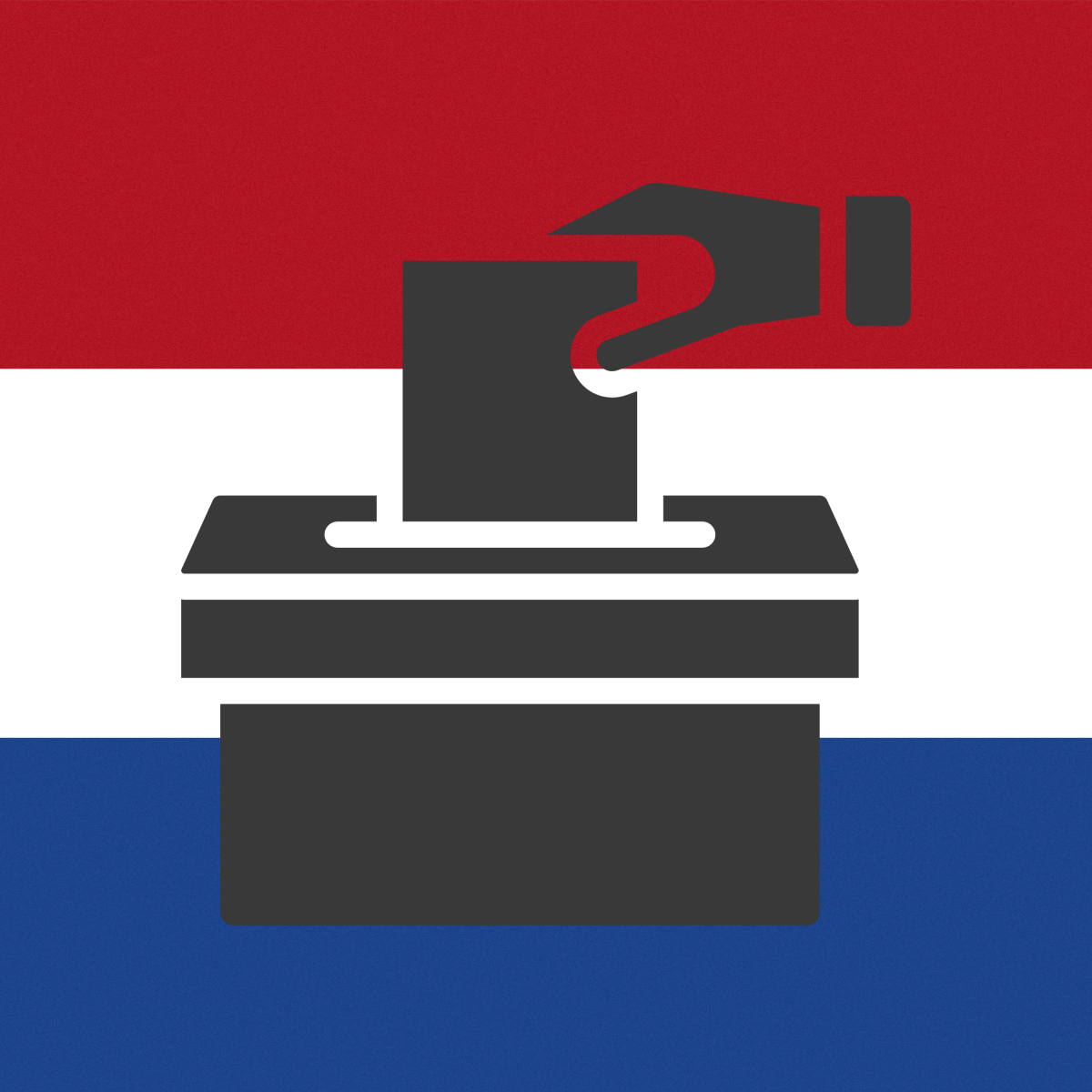In the Netherlands’ Nov. 22 general election, the Party for Freedom (PVV) won 37 seats, a plurality in parliament, and the People’s Party for Freedom and Democracy (VVD), a center-right party, lost their grip on power for the first time in over a decade.
The PVV’s leader, Geert Wilders, has long been a controversial figure in Dutch politics. Wilders has been a member of the Dutch parliament for 25 years and has a long history of making many xenophobic statements, particularly against Muslims and immigrants. He has called the Quran a “fascist book” and stated he would ban both mosques and the Quran, as well as close all borders if he ever came to power. Wilders is also against Dutch membership in the European Union (EU), of which the Netherlands is a founding member, and has called for the Netherlands to issue a referendum on leaving the EU.
While Wilders becoming Prime Minister is quite a long shot, especially with other parties being reluctant or ruling out forming coalitions with the PVV, this victory is still quite alarming. Wilders won 23.5% of the vote, almost a quarter of the Dutch electorate. This shows there is an appeal for Wilders’ xenophobia in Dutch politics, which puts the PVV and their views into the political mainstream.
Wilders has stated he wanted to be “a prime minister for all Dutch people.” However, it is clear from this statement that he does not include a quarter of the Netherlands’ population who aren’t ethnically Dutch.
His attacks against Muslims also undermine freedom of religion in the Netherlands, considering he has stated his wish to ban both their place and book of worship within the country.
Furthermore, many of Wilders’ stated plans are against both Dutch and European law, undermining the rule of law in the Netherlands. Thus, Wilders is dangerous for democracy as a whole.
Overall, even though Wilders isn’t very likely to create a majority coalition and form a government, his plans, which include undermining freedom of religion and the rule of law, as well as withdrawing from the EU, obtained a quarter of electoral support. As the PVV gains more support and encroaches more into the mainstream, Dutch democracy may be at serious risk.






































